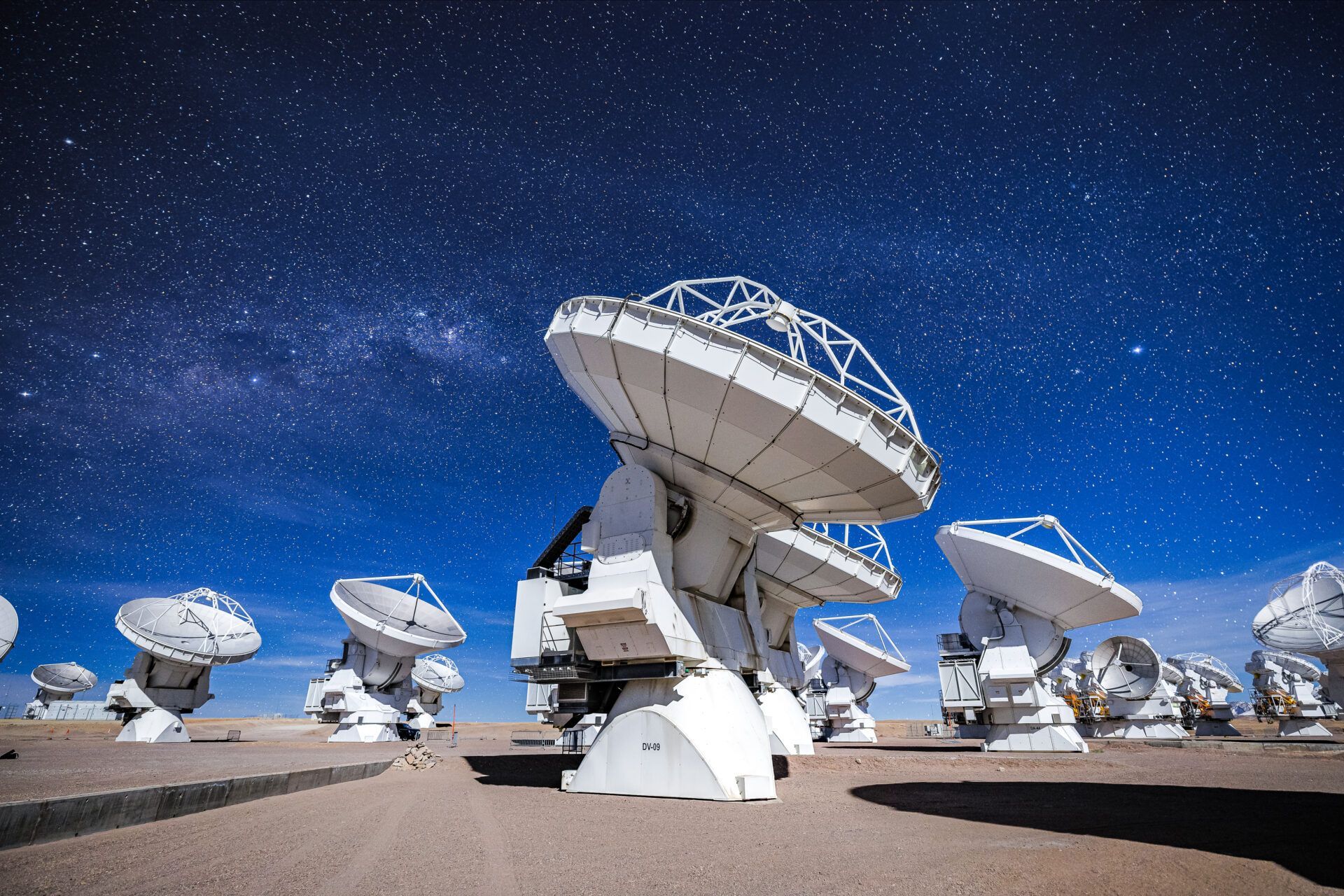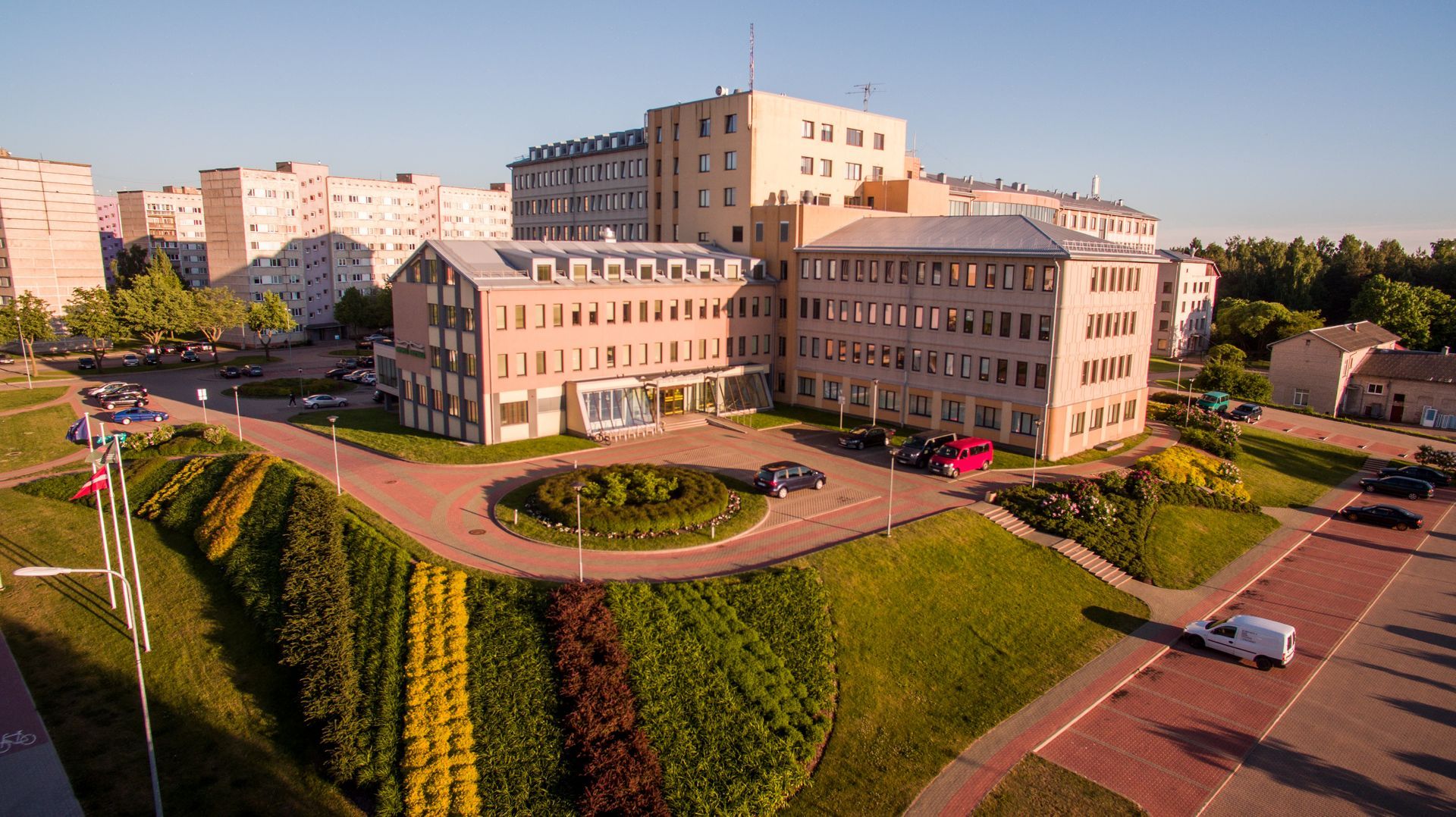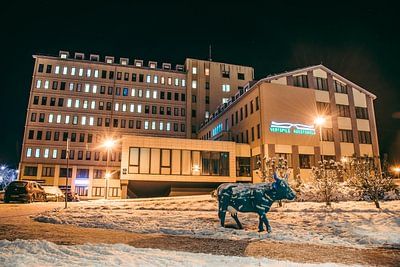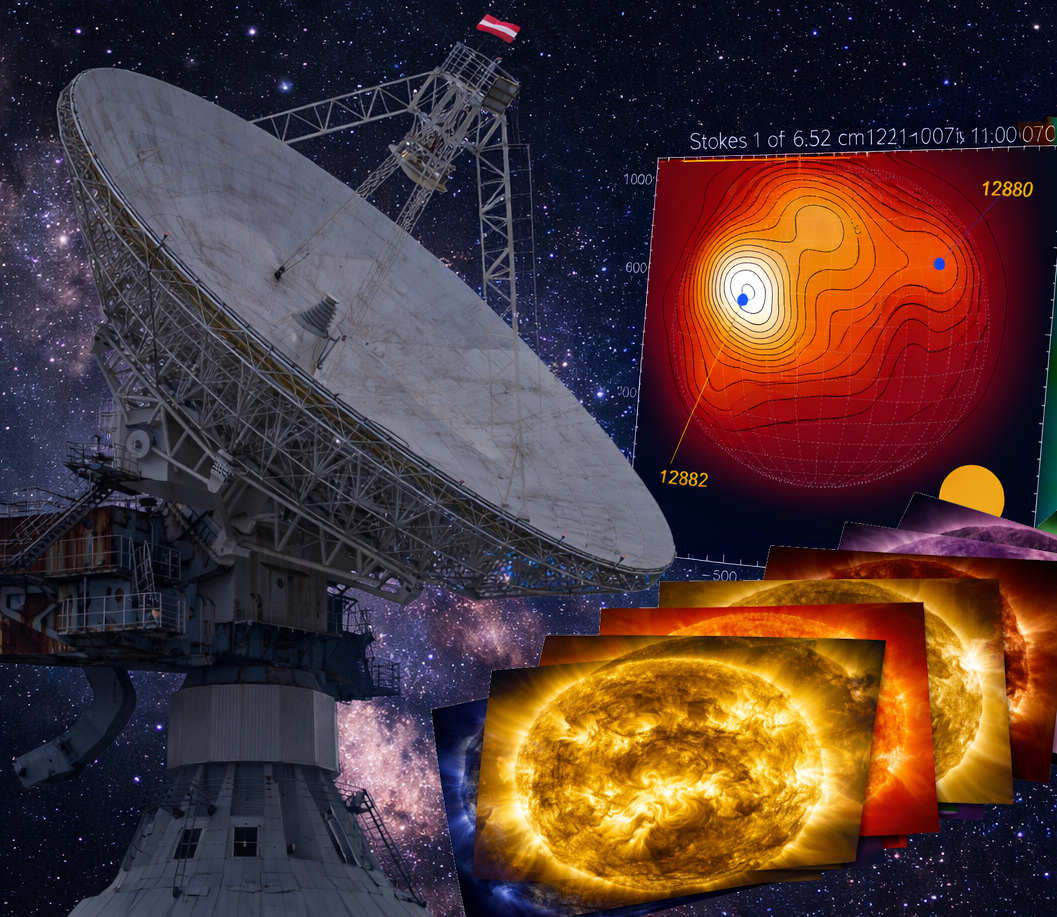Study Process Realization in the 2021/2022 Academic Year and the Categorisation of Students Concerning the Vaccine and Entering Latvia
The new study year has begun, and Ventspils University of Applied Sciences (VUAS) is happy to welcome our new students – both local and international. Going into a new academic semester amid the current global health crisis can be complex and challenging for everyone involved. As we try our best to navigate the restrictions and keep us all as safe as possible, we ask you to embrace patience and understanding during this transition period. Please take the time to acquaint yourself with the estimated study process at VUAS and the requirements for students arriving in Latvia from another country.
The Estimated Study Process
According to the VUAS rector order, the study process shall be realized in-person in all study programs of VUAS, following the approved study plan and the lecture schedule in the fall semester of the academic year 2021/2022.
Studies for first-year students in the English-taught programs, such as Business Administration and Languages and Intercultural Communication, will start from October, but in the International Business and Export Management – from September 17.
Participation in the in-person education process is allowed only to the personnel and students with an interoperable certificate of complete vaccination or certificate of the recovery from the virus or a valid confirmation (in a paper or digital form) about a negative Covid-19 test result that is valid for a fixed period.
The Rector’s order foresees a transition period until October 10, 2021 (when students with a testing certificate can participate in studies); after October 10, only students with an interoperable certificate of complete vaccination or certificate of recovery from the virus will be allowed to participate in the in-person study process.
During the transition period, the remote learning mode will also be provided (in addition to full-time in-person classes, lecturers provide the student with the opportunity to participate in the class remotely, setting additional requirements).
All incoming full-time international students and Erasmus students are required to be present on the VUAS campus. However, students who do not have the aforementioned supporting documents or need additional time to acquire them (in the case of students arriving from countries other than the EU states) ought to study remotely. During the remote studies, they need to follow established additional requirements of the program director and study course lecturers until they can provide the necessary supporting documentation to join the in-person study process.
All students will need to present a valid interoperable certificate at the VUAS entrance or certificate of a negative COVID-19 test result, which is valid for 48 hours.
Requirements for Students Arriving in Latvia From Another Country
All persons who intend to enter Latvia must fill in an electronic confirmation form on the Covidpass website. They must complete the certificate within 48 hours before crossing the border of the Republic of Latvia! You will need to indicate many things, but first of all, this: the person has a Europe’s Digital COVID-19 Certificate, which confirms the completion of vaccination, the fact of recovery, or a negative COVID-19 test.
Further, we would like to provide insight into the five types of student categories concerning vaccination.
1. The person has been vaccinated in one of the EU countries with a European Medicines Agency (EMA) registered vaccine (AstraZeneca, Moderna, Janssen, Pfizer), or has previously been ill with COVID-19 and has received the digital EU COVID-19 certificate – when arriving in Latvia, self-isolation is not required, nor is a COVID-19 test.
2. The person has not been vaccinated – when arriving in Latvia, the person must have a negative COVID-19 test that is no older than 72 hours; when arriving from some countries, self-isolation is not required; when arriving from most countries the self-isolation is 10 days. The self-isolation can be ended if, on the 7th day, a negative test is confirmed. After that, submit documents for a TRP, and, after its receipt, can vaccinate in Latvia and receive a digital EU COVID-19 certificate.
3. The person has been vaccinated with an EMA registered vaccine, however, is outside of the EU and has not received a digital COVID-19 certificate – when arriving in Latvia, goes into self-isolation (not from all countries), after that submits documentation for a TRP, and after its receipt, turns to the National Health Service, which issues a COVID-19 certificate based on the received vaccination.
4. The person has been vaccinated with a vaccine that has not been registered with the EMA – when arriving in Latvia, goes into self-isolation (not from all countries) after that submits documents for a TRP, and after its receipt, vaccinates again in Latvia after the vaccine receives a COVID-19 certificate.
5. The person has not been vaccinated and does not wish to be vaccinated – when arriving in Latvia, goes into self-isolation and after that submits documents for a TRP. To participate in various events, the person takes COVID-19 tests regularly. The student pays for the test themselves.
You may read more about self-isolation here, and here is the list of countries subject to special safety measures. In addition, all incoming full-time international students and Erasmus students will have an opportunity to self-isolate in the VUAS student dormitories.
For more information on the guidelines for in-person and remote study process implementation for the containment of the spread of COVID-19 infection in the academic year, 2021/2022 in Ventspils University of Applied Sciences see HERE
Take care of yourselves and the people around you – we are all in this together. Do not hesitate to contact us if you have any questions or worries!
Share on other platforms
Other news







